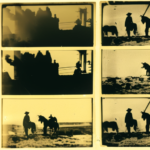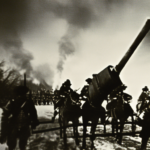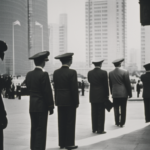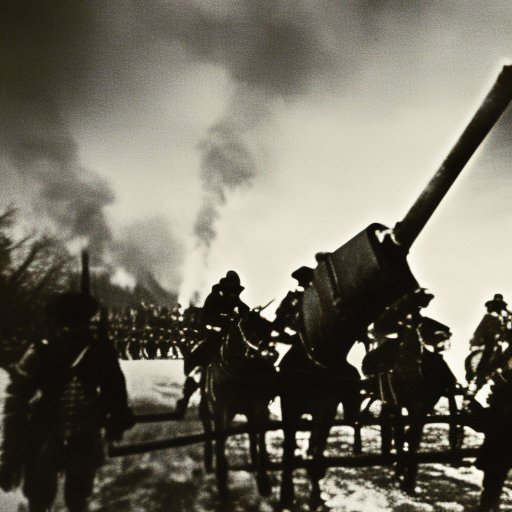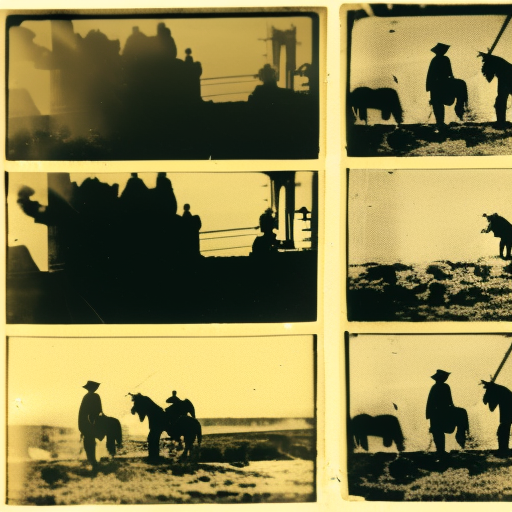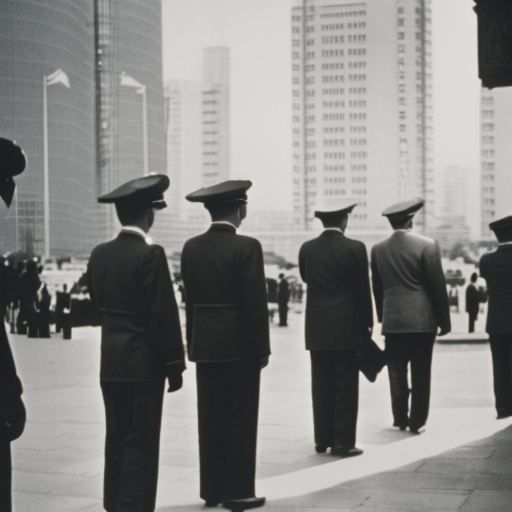The Battle of Trenton (1776)
The Battle of Trenton was a pivotal event in the American Revolutionary War that took place on December 26, 1776. It was a surprise attack by the Continental Army led by General George Washington against Hessian troops stationed in Trenton, New Jersey. The battle resulted in a decisive American victory and boosted morale among the American forces.
Background:
After a series of defeats and setbacks, the American Revolution seemed to be on the verge of collapse. General Washington’s army had suffered heavy losses and was demoralized. The enlistments of many soldiers were about to expire, and the prospects for recruiting new troops were bleak. In an attempt to turn the tide of the war, Washington devised a plan to attack the Hessian garrison in Trenton.
The Plan:
Washington planned to cross the icy Delaware River on Christmas night with his army and surprise the Hessian troops at Trenton. The plan relied on the element of surprise and the Hessian soldiers’ complacency due to the holiday season. Washington hoped that a victory at Trenton would not only boost morale but also encourage more soldiers to join the cause.
The Battle:
On the night of December 25, Washington’s army began its crossing of the Delaware River. Despite facing treacherous conditions, the majority of the troops successfully made it across by early morning. The surprise attack on Trenton was initially delayed due to the difficult river crossing, but Washington decided to proceed with the plan.
The American forces launched their attack on Trenton at around 8 a.m. on December 26. The Hessian soldiers, caught off guard, put up a brief resistance but were quickly overwhelmed. The battle lasted less than an hour, and the Americans captured over 900 Hessian soldiers, while only suffering a few casualties.
Significance:
The Battle of Trenton had a significant impact on the American Revolution. It provided a much-needed morale boost for the American forces, who had been facing a series of defeats. The victory at Trenton also demonstrated Washington’s strategic skills and leadership, as he successfully executed a surprise attack against a well-trained enemy.
The battle had broader implications as well. It convinced many Americans who had been skeptical about the prospects of independence that the Revolution could succeed. The victory at Trenton also inspired more soldiers to join the Continental Army, bolstering its ranks and ensuring its survival.
Aftermath:
Following the Battle of Trenton, Washington’s army withdrew across the Delaware River, taking their prisoners and captured supplies with them. The victory at Trenton had a ripple effect, as it encouraged more soldiers to enlist and boosted morale throughout the colonies. It also prompted the British to reassess their strategy and led to a change in their approach to the war.
The Battle of Trenton was a turning point in the American Revolution. It provided a much-needed victory for the American forces and boosted morale among the troops and the general population. The success at Trenton set the stage for future American victories and ultimately played a crucial role in securing American independence.
